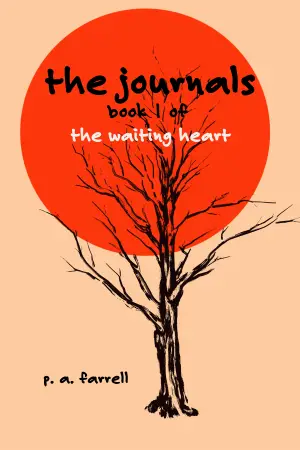Unlocking the Myths of Our Health: A Journey with Gabor Maté
I picked up Gabor Maté’s The Myth of Normal: Trauma, Illness, and Healing in a Toxic Culture after hearing rave reviews about its deep dive into the intersections of trauma, society, and health. I expected a compelling read, but what I found was a transformative experience that rocked my understanding of what “normal” really means in our lives. Maté’s insights are poignant, urgent, and undeniably necessary for anyone navigating the complexities of modern existence.
At its core, the book challenges the prevailing notions of health and illness, turning our obsession with “normality” on its head. Maté argues that our culture, which often glorifies productivity and disdains vulnerability, contributes to widespread chronic illness and mental health struggles. His examples—from the staggering statistics of people on prescription drugs to the rising tide of teen mental health crises—are startling and thought-provoking. Maté’s voice is both compassionate and assertive, making it clear that he speaks from both professional expertise and personal experience.
The book is divided into five parts, each one unraveling different layers of trauma and its impacts. I was particularly struck by Maté’s reflections on how the stressors of our society infiltrate our bodies and minds, often without us realizing it. For instance, he emphasizes that trauma is not always dramatic; it can manifest through subtle neglect or chronic stress, deeply affecting one’s mental and physical well-being. This perspective resonated with me, as it reminded me of quieter struggles in our everyday lives that often go unnoticed.
Maté’s writing style is rich with stories and scientific insights, yet some parts felt dense, challenging me to slow down and reflect. However, it’s this complexity that makes the book a compelling read—like a tapestry woven with both heartache and hope. He offers “pathways to wholeness” as a guiding philosophy, suggesting that healing is less about fixing ourselves and more about engaging in a continuous movement toward betterment. This simple yet powerful redefinition invites the reader to embrace the journey rather than chase an elusive endpoint.
There were moments in the text that simply took my breath away. Maté states, “The body keeps the score,” akin to a mantra that refuses to leave my thoughts. It encapsulates not just the essence of the book, but also the broader truth that our experiences leave indelible marks on who we are.
I believe The Myth of Normal is essential reading for parents, educators, and anyone interested in understanding the broader connections between personal health and societal pressures. It serves as a crucial reminder that in a world increasingly shaped by technology and economic stress, we must become more attuned to our emotional and mental landscapes.
Ultimately, this book not only opened my eyes but also inspired a profound sense of curiosity about my own life and those around me. It urges us all to question what we’ve come to accept as normal and to pursue a deeper understanding of ourselves and our communities. If you’re willing to confront some uncomfortable truths, The Myth of Normal might just change the way you see your world—and yourself—forever.
You can find The Myth of Normal: Trauma, Illness, and Healing in a Toxic Culture here >>






